Penninger Group
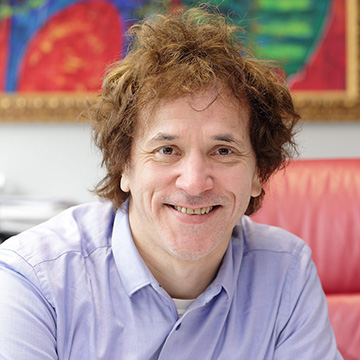
The Penninger Lab will generate iPSCs from patient samples to analyze the phosphoproteome under static and flow conditions, toward determining biomechanical signatures in MMA and AVM vasculopathies. They will develop vascular organoid models from patient iPSCs, perform CRISPR editing to generate defined mutants and test the ability of diseased cells to adapt to different flow patterns. They will also use these organoids to test the effect of pharmacological modulation of mechanotransduction, performing small molecule library screens to identify potential new treatments. Finally, they will transplant the organoids into mice to study changes to mechanobiology in MMA/AVM in vivo.
Group Members
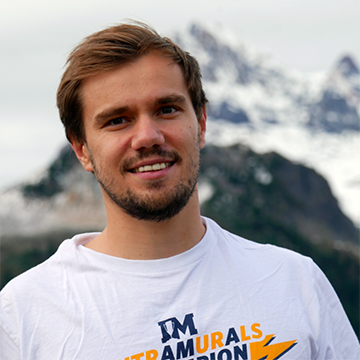
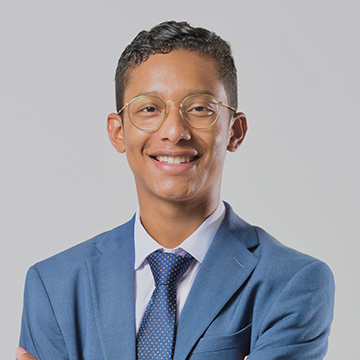

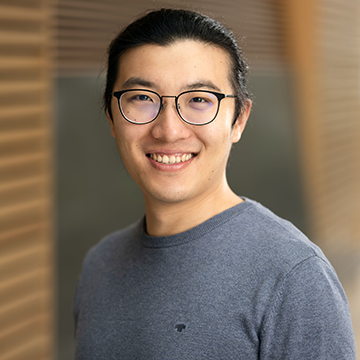
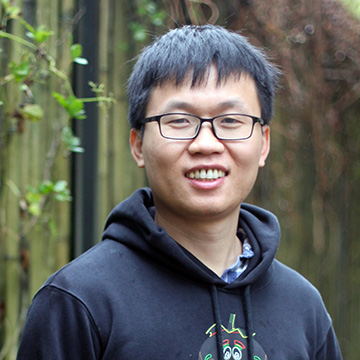


Meilin An
